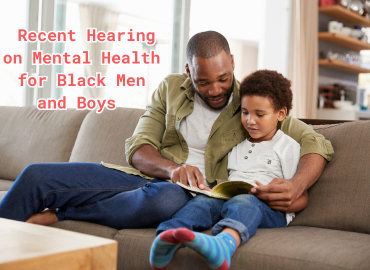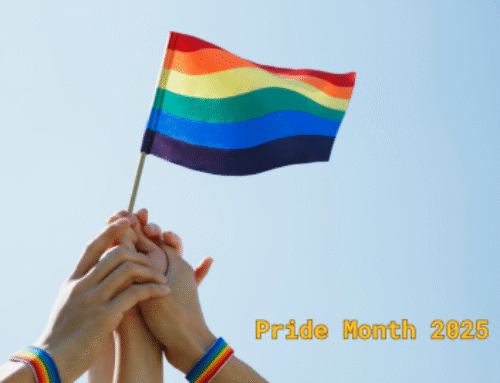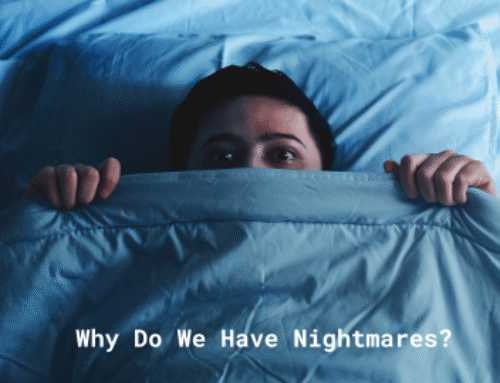Recent Hearing on Mental Health for Black Men and Boys
Mental health is often little talked about among men, and Black American men are no exception. Unfortunately, data across many years, studies, testimonies, and observations has it that this is an even bigger problem among Black men, who experience disordered mental health at about the same rate as others but suffer from lack of resources, prejudice, and stigma. Many feel expected to just suck it up and deal with it while the problem goes unaddressed and disordered mental health continues to take its toll on their inner life, work, relationships, and more.
In July 2024, a Congressional hearing was held by Congresswoman Frederica Wilson, Chair of the U.S. Commission on the Social Status of Black Men and Boys, and the Reverend Al Sharpton, U.S. Senator Laphonza Butler, Congresswoman Lucy McBath, Congressman Hank Johnson, and Congressman Jonathan Jackson. The hearing was held in Harlem’s National Action Network with scientific and civic leaders in the field of mental health, plus government leaders and other kinds of societal influencers.
A quote from Congresswoman Wilson:
“Historically, suicide has not been viewed as a problem specific to the Black community, so Black men continue to suffer in silence and take their own lives. We must address this public health crisis head-on and ensure our Black men and boys do not go unnoticed.”
A quote from Senator Butler:
“I am committed to advancing policies that prioritize the mental health of our communities, particularly Black boys and men, whose mental well-being tends to be far worse than other groups. As lawmakers, it is our responsibility to address and eliminate social stigmas to ensure that everyone has access to the mental health support they need.”
The hearing was held in response to the worsening situation when it comes to the mental health of Black men and boys in the United States. It is estimated that in the last three decades, suicide rates for Black men and minors has increased by 160%, and a Jama study quoted by the hearing states that, in the previous time period, Black men had a larger increase in suicide attempts than any other ethnic group. Suicide is the second leading cause of death among Black Americans between the ages of 18 and 24. Less than 50% of Americans in general get treatment (medication, therapy, other methods of treatment like TMS) for their mental health disorder, and that rate is lower for Black men and boys, about half as many. When they do get treatment, other obstacles present themselves. Black men get fewer evidence-based treatments and encounter communication difficulties with medical professionals. That affects the formation of a dedicated care team for the individual and makes it harder for them to advocate for themselves.
Untreated mental conditions have effects that reach far beyond the sufferer. Untreated mental illness contributes to rates of incarceration, substance abuse, homelessness, and suicide. Whereas a person receiving support spreads the strength they gain through their relationships with individuals, groups, and society at large.
Rochester Holistic Psychiatry has committed to being involved in the pursuit of a better quality of life for the Black people in our lives. We will continue to be a safe place for our families, friends, co-workers, and community members. Something we can all do is work to destigmatize the need for mental health support and encourage people to seek help. “Sucking it up” helps no one. We should all do what we can to facilitate access to affordable treatment options, encourage diversity, and improve outreach effort.
For more information on our services and to book an appointment, write to us on our website or call (585) 442-6960.




